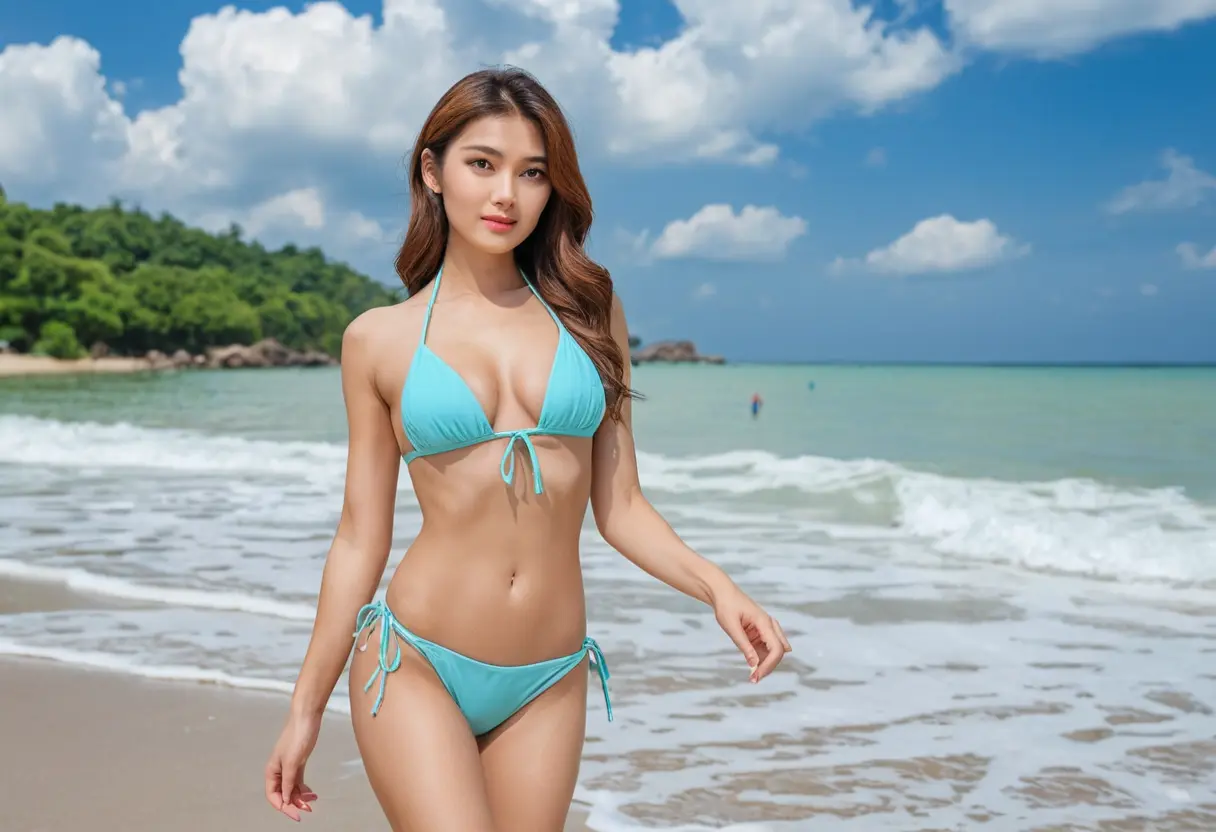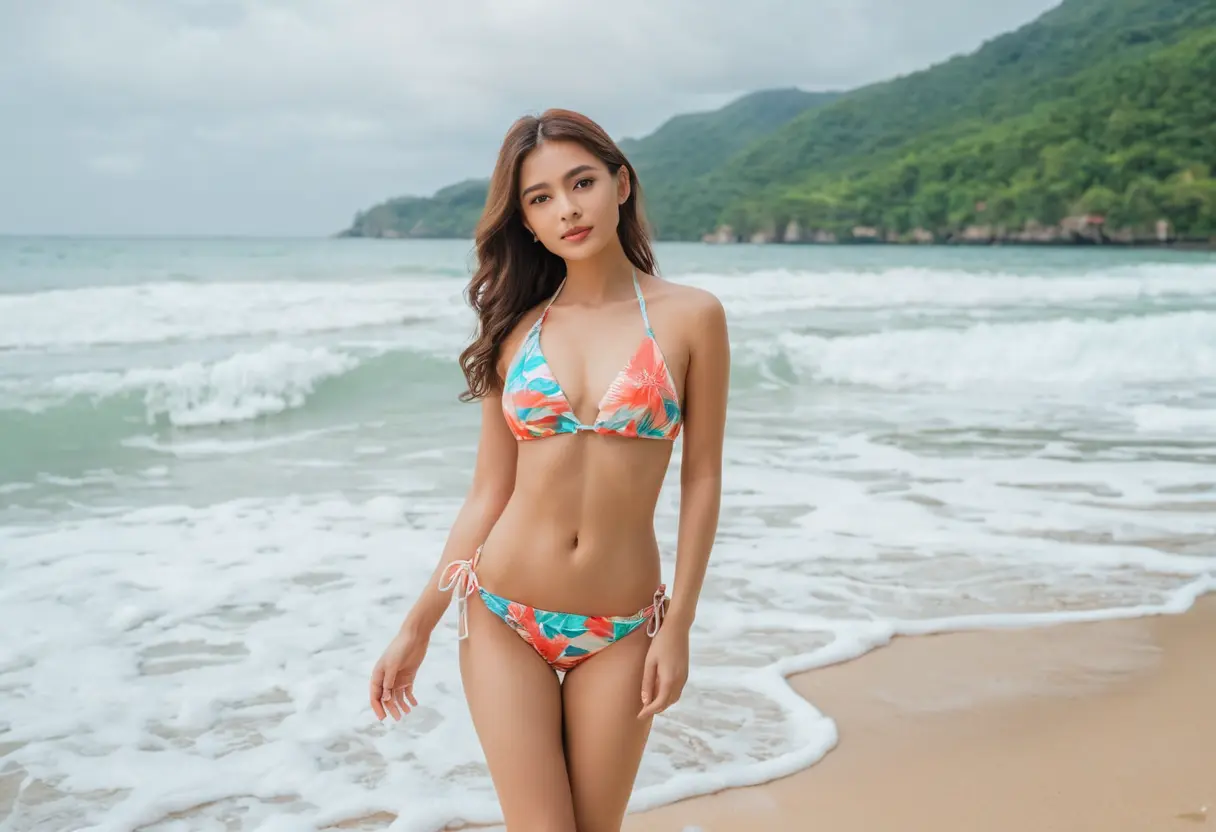
The intersection of artificial intelligence (AI) and video technology is transforming the fashion industry in ways that were once unimaginable. With AI's ability to analyze data, predict trends, and optimize content creation, the fashion world is experiencing an evolution in design, marketing, and consumer experience. From virtual try-ons to AI-powered runway shows, video technology is reshaping how brands engage with their audiences and deliver tailored experiences. This article explores the various ways AI video technology is revolutionizing the fashion industry and how it is reshaping the future of fashion.
One of the most significant impacts AI video technology has had on the fashion industry is the ability to offer virtual try-ons. This innovative technology allows consumers to visualize how clothes will look on them without the need for physical fitting rooms. AI uses computer vision and augmented reality (AR) to create realistic, dynamic virtual simulations of clothing items, enabling users to try on clothes digitally via their smartphones or computers.

The benefits of virtual try-ons include:

As the technology improves, these virtual try-ons are becoming more accurate and immersive, allowing users to see how clothing fits their exact body measurements and personal style preferences.

AI video technology is also revolutionizing fashion marketing by automating the production of high-quality video content. Fashion brands are increasingly using AI tools to generate personalized, data-driven video advertisements and promotional content. This is a significant shift from traditional video production, which requires extensive resources and time. AI can now analyze consumer behavior and preferences to create video ads that are hyper-targeted, ensuring that the right content reaches the right audience.
Some key features of AI-generated fashion videos include:
By leveraging AI in video marketing, brands can enhance customer engagement, improve ROI, and stay ahead of the competition in a fast-paced industry.
AI video technology is not limited to marketing and customer experience; it is also making waves in the creative process of fashion design. Designers are using AI tools to analyze vast amounts of data from various sources such as fashion shows, social media, and consumer preferences. This data helps predict trends, allowing designers to create pieces that are aligned with current and future market demands.
AI-driven fashion design tools offer several advantages:
By incorporating AI into the design process, fashion houses can stay ahead of the curve, quickly respond to emerging trends, and deliver more relevant collections to their audiences.
AI video technology is also revolutionizing the way fashion shows are produced and experienced. Traditionally, runway shows were exclusive events attended by industry professionals and celebrities, with limited access for the general public. However, AI-powered video streaming and immersive technologies are breaking down these barriers.
Some notable features of AI-powered runway shows include:
These advancements not only democratize access to fashion shows but also provide designers and brands with valuable insights into audience engagement and preferences.
AI video technology is also enhancing the in-store shopping experience. Retailers are integrating AI-powered video displays and interactive mirrors that allow customers to interact with clothing virtually. These interactive elements can display product details, show different color options, or even suggest complementary items, providing an immersive and personalized shopping experience.
Some examples of AI video technology in retail include:
AI-enhanced retail experiences not only improve customer satisfaction but also drive sales by offering a more engaging and personalized shopping journey.
The integration of AI video technology into the fashion industry is transforming how brands design, market, and sell their products. From virtual try-ons to AI-driven fashion shows, these innovations are enhancing customer engagement, improving operational efficiency, and creating a more personalized shopping experience. As AI continues to evolve, it is clear that the fashion industry will continue to embrace new technologies to meet the demands of modern consumers and stay ahead of trends.
Ultimately, AI video technology offers a wealth of opportunities for fashion brands to engage with their audiences in more meaningful ways, streamline their operations, and innovate in both design and marketing. The future of fashion is undoubtedly digital, and AI is leading the charge in revolutionizing the industry.